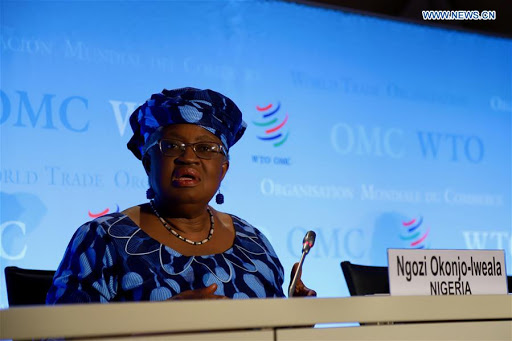There are no products in your shopping cart.
| 0 Items | £0.00 |


FORMER finance minister and African Union (AU) special envoy on coronavirus Dr Okonjo-Iweala has promised that Nigerians and other Africans will have access to the new Covid-19 vaccine as from the end of January.
Earlier this year, Dr Okonjo-Iweala was appointed by the AU as its special envoy to solicit international support to help the continent deal with the economic impact of the Covid-19 pandemic. She is currently on course to be named as the World Trade Organisation director-general and as part of her candidacy, promised to ensure that Africans would gain access to any cure once it became available.
Yesterday, Dr Okonjo-Iweala held a closed-door meeting with the Nigeria's foreign minister Geoffrey Onyeama in Abuja, after which she described Africans as blessed, for not having the same incidence rate of Covid-19 like other continents but warned African nations against complacency. According to Dr Okonjo-Iweala, negotiations are currently being held with Pfizer and AstraZeneca over their vaccines so that poor countries do not have to stand in a queue behind rich nations.
Dr Okonjo-Iweala added: “As long as one person has it in the world, no one is safe. That is why poorer countries, lower-middle-income countries like Nigeria, need to get it as quickly as possible.”
She recalled that a platform called the Covax facility had been developed with 186 countries on board, saying that the side interested in serving the poor countries had 92 countries. Apparently, some resources have been raised to try and get the vaccines to developing nations quickly.
Dr Okonjo-Iweala said: “We hope they are starting by the end of January, so we will be able to reach these countries, including most of the African countries, Nigeria included. We hope we will be able to get access to some of these vaccines.
“Initially, it will be for frontline health workers, followed by some other target groups, older people, those with underlying conditions and then, from there, the rest of the population. I think the Covax facility can cover maybe 20% to 23% of the population by the end of next year.”